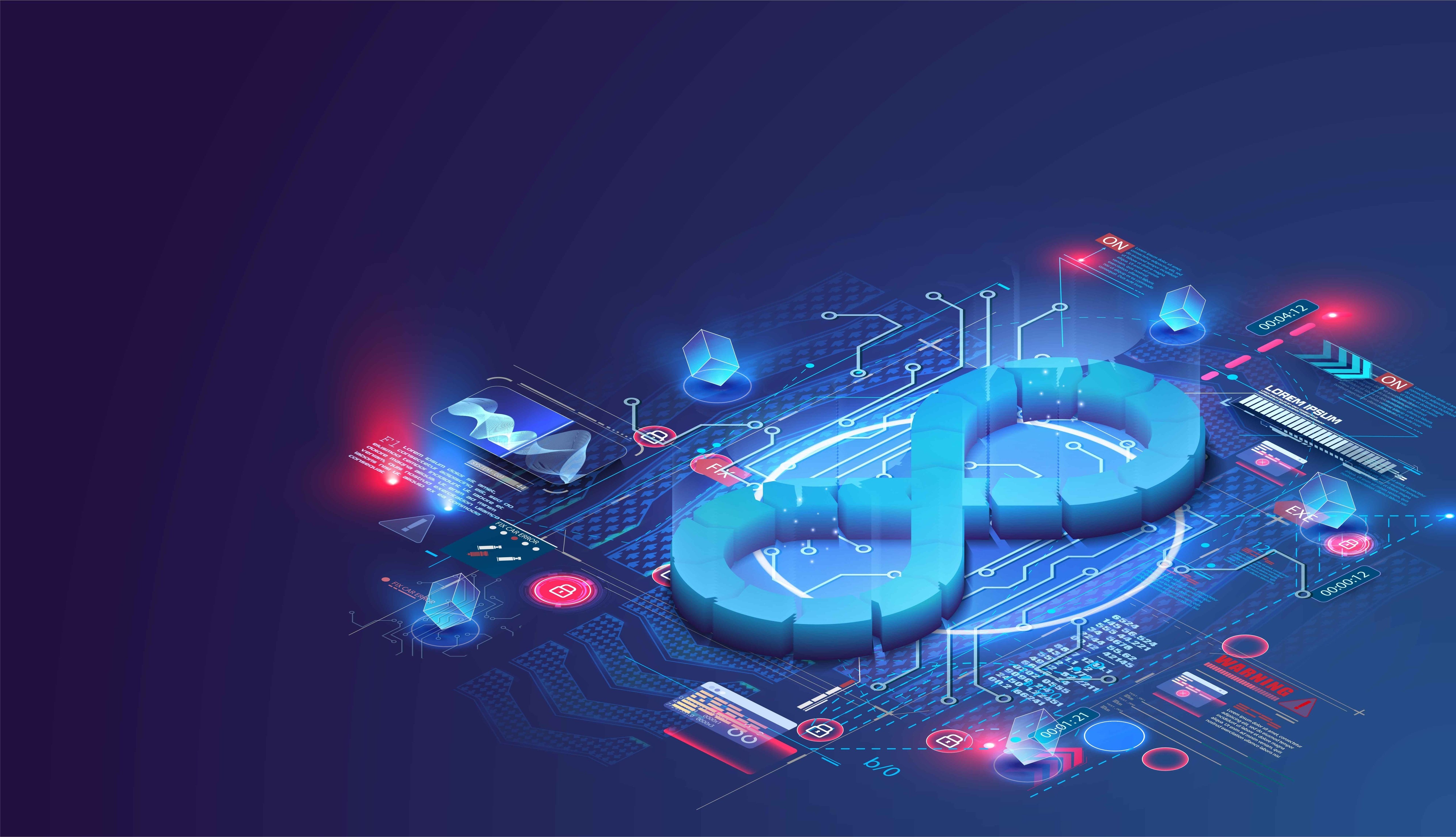To say that Palo Alto Networks caused quite a buzz with its acquisition of CyberArk would be an understatement. Opinions have been all over the board—from those who say the aggressively acquiring Palo Alto has overstepped and predictions that platformization has peaked (if so, we hardly knew ya!) to those who see a rise in the importance of identity and a shift in cybersecurity.
And a couple of weeks later, the assessments keep rolling in. First and foremost, it is a big deal. In nearly every sense of the word. A cool $25 billion is a lot of money and not many security firms have that at their disposal, especially after going on a spending spree in the last few years resulting in 20 deals that included Protect AI earlier in the spring. And it is the second biggest tech purchase of the year, behind Alphabet’s $32 billion acquisition of Wiz.
Even after Palo Alto’s stock took a 16 percent dive in the wake of the acquisition announcement, company CEO Nikesh Arora shrugged off naysayers and maintained that the CyberArk deal was the right fit for the company he joined seven years ago. The move pits the Palo Alto against big name players like Okta, Crowdstrike, and Microsoft—and CNBC cites the company’s 2024 annual report naming Alphabet as a competitor.
Regardless, the deal “signals a fundamental market realization: identity has become the critical control point in modern cybersecurity,” says Marc Maiffret, CTO at BeyondTrust. “What we're witnessing is the market's recognition that securing identities and their access pathways is no longer optional—it's foundational.”
Apono Co-founder and CEO Rom Carmel agrees “the foundational importance of identity management to security has never been more apparent.” He points to the CyberArk price tag an indication of its rise and the future growth and evolution of the sector. “Companies are still catching up to the explosion in cloud technology and grappling with the complications this adds to identity management, and that's not even considering the unique challenges of non-human identities,” says Carmel. “We're just beginning to see the impact of Agentic AI in identity management, which opens up a whole new attack surface.”
In that regard, the deal reflects a broader industry shift, Maiffret says. “As AI agents proliferate and zero-trust architectures become standard, every interaction, every access request, every privilege escalation becomes a potential attack vector,” he explains. He expects traditional security models that focus primarily on network defenses to continue “struggling to address this reality.”
The overall consolidation in security does raise “critical strategic questions for security leaders,” Maiffret says. “In a world where identity controls determine your security posture, do you build your defense around companies with deep, native expertise in this domain—or those assembling capabilities through acquisition?”
The answer to that question, he believes, will define an organization's resilience going forward. And there are some who are uncertain that Palo Alto will become the one-stop shop that Arora seems to envision. Or if organizations really want that. Sure that approach removes complexity and solves integration issues. But a whole body of research and conventional wisdom say a multivendor is the best shot at building resilience and being flexible.
In the face of further consolidation, big deals, and shifting priorities, that’s something for companies to consider as they plot modern security strategies.
.png?width=1816&height=566&name=brandmark-design%20(83).png)



